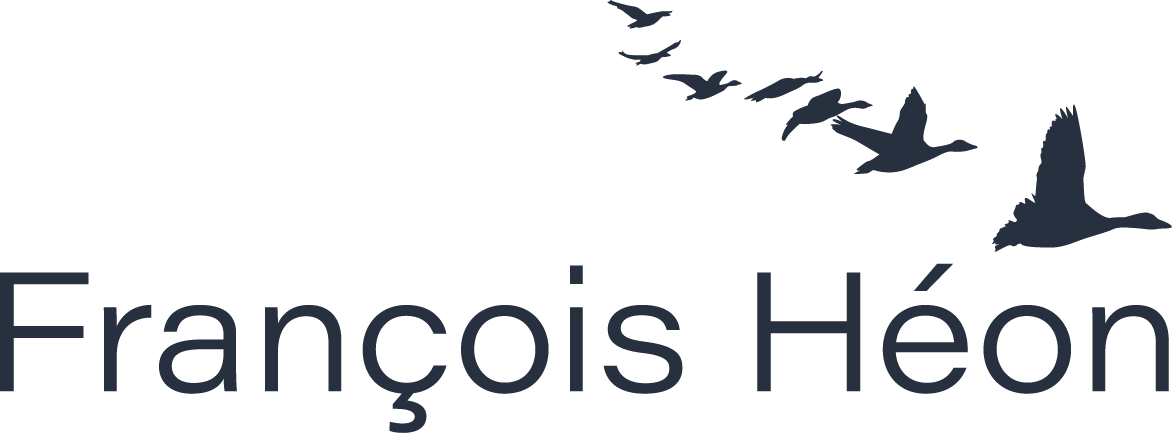Appreciating as a Collective: Ken and the Law of the Situation
When I participate in the Significant Leader Exercise, my own example of a significant leader is one of those imprint moments of good appreciative leadership in my career: his name is Ken Wollack.
Ken was (and still is) president of the National Democratic Institute for International Affairs (NDI) in Washington DC. And Ken was my boss during my tenure in the mid-1990s as their field representative in Burundi, Africa, a war-torn and fledgling new democracy.
The quality that struck me most about Ken as my #1 example of leadership was his ability to listen, and to find solutions to very difficult and complex situations by just good listening.
One time in particular, his capacity to listen to the facts and examine with us the situation helped reveal the path forward at a crisis point of our two-year mission in Burundi.
Here is a memorable moment from those times which exemplifies well Ken’s outstanding appreciative leadership: The board of directors of NDI met in Washington D.C. one April morning in 1996, and the front page of that day’s Washington Post had a gruesome picture captioned ‘Massacre in Burundi.’ Shocked by the news, the board’s reaction was explosive: What are we still doing there? Let’s get our guys out right now! The response was unanimous and unequivocal. Our president telephoned us that evening, telling us the news of the board’s decision: it was time to pack our bags.
Despite these most recent attacks taking place in specific war-torn slums, we felt leaving Burundi at this particular moment would be the worst of all decisions. We were a few months away from completing an educational tool in both Kirundi and French, serving educational efforts for years. Suddenly leaving as a response to these recent attacks would only reward the divisionists (on both sides) and their tactics to scare away proponents of democracy and unification. Jean and I, each in our turn, tried to convince Ken to review the board’s decision demanding our immediate departure. We asked Ken to go back to the board (his bosses), to trust our judgment on the ground, and to reassess their rapid decision so we could complete our mandate.
The American ambassador to Burundi Robert Krueger, one of the most courageous men I have ever met, intervened on our behalf. Ken flew us back to Washington, D.C., to reevaluate our presence in the country. Ken could have very well said, ‘OK guys. Good work. Now come back home. Period.’ But Ken listened.
And what impressed me most for the rest of my career was the way he listened once we met to reevaluate our Burundi mission back in his office in D.C.
Once in Ken’s office, eight people involved in the East Africa program, including me, sat in a big circle around Ken’s desk. All of us were there to discuss whether we should continue our efforts to support the fragile democratic institutions or to leave because of the rising insecurity. It was a complex situation, and we were all very aware that Ken had the last word.
He opened the meeting and asked that we all share our opinions on the situation. To my surprise, he remained very quiet and just listened. He spoke few words, mostly to question and probe. I was surprised at how much freedom he gave us to express ourselves. But I was especially surprised at the way the meeting evolved. One by one, we shared our opinions and perspectives, he asked questions, and after listening to us for nearly an hour, he recapitulated in a few words the essence of what we’d been saying. He then proposed we return to Burundi to complete our mandate, appropriately, while developing an exit strategy. There was a silence of approval in the room. After too many roller-coaster discussions on this question, Ken had just summarized the best strategy in a few sentences, which brought us all together in an instant. After so much debate over this issue, I was impressed to see how a leader could, simply by good listening, lead us to find the perfect solution to a very complex situation. Ken didn’t have the last word by imposing it; he successfully decoded what Mary Parker Follett called the law of the situation with us: he mirrored it back to us, and the last word was actually the situation’s last word, which Ken, as a great leader, had helped us decipher and re-unify us around it to move forward.
The democratic leader is not necessarily the one ‘who knows’ but the one who knows how to bring people to a collective knowing, a collective feeling, and a collective willing.
Ken exemplified what Follett—a century ago—called in decision-making terms, “obeying the law of the situation,” another excellent example of scientific management and leadership as an integrative process.
…My solution is to depersonalize the giving of orders, to unite all concerned in a study of the situation, to discover the law of the situation and obey that. …One person should not give orders to another person, but both should agree to take orders from the situation… From one point of view, one might call the essence of scientific management the attempt to find the law of the situation.
– Mary Parker Follett
This article is an excerpt from: The Yin and Yang of Leadership: A Theoretical and Practical Guide to Democratic Leading (2018)


